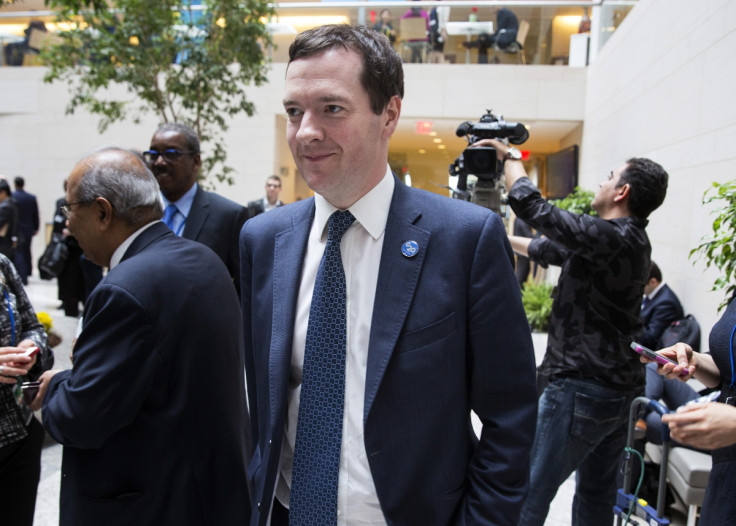UK Chancellor Osborne To Clamp Down on Offshore Tax Dodgers

People using offshore havens to avoid paying UK taxes could face longer jail sentences and harsher fines under plans announced by chancellor George Osborne.
Currently, tax officials have to prove if a person holding money abroad intended to avoid tax in order to prosecute.
Under new rules, however, officials would only have to show that the money was taxable and undeclared, and new, stiffer penalties would be introduced for those found guilty.
Treasury officials said that the current rules had allowed tax avoiders to dodge prosecution, and escape with light fines.
Osborne, who is in Washington DC for a meeting of the International Monetary Fund, told the Financial Times: "We are changing the balance of the law so the burden of proof falls on those who are hiding their money offshore and we don't have to prove that they intended to do so.
"It is totally unacceptable for people not to pay the tax that is due and the message will be clear now with this new criminal offence that if you're evading tax offshore, there is no safe haven and we will find you."
Recently, the UK signed an agreement with other G20 countries to share information on tax avoidance, as it fights to claw back some of the billions in revenue it loses every year.
Of the £35 billion believed lost to the exchequer through tax evasion annually, HM Revenue and Customs (HMRC) estimates that about £5 billion is lost through wealthy individuals using tax havens.
However, Osborne has been criticised for predicting that a deal struck with the Swiss government would allow the UK to reclaim about £3bn in unpaid taxes in 2013.
In fact, only about £800m was reclaimed.
According to HMRC, more than £1.5bn has been recovered from offshore tax havens in the past two years, and prime minister David Cameron highlighted the issue during his presidency of the G8 last year.
Bob Rothenberg, senior partner at Blick Rothenberg chartered accountants, said that he believed that the purpose of the legislation was to frighten tax avoiders into owning up, rather than to prosecute them.
"That certainly has been the objective that they've followed up to now, with their various... so-called amnesties," he said.
"And I think that they are thinking that they may get a greater number of people coming forward if the threat of criminal prosecution is there."
However, the Treasury has vowed to increase the number of prosecutions fivefold.
"This will result in over 1,000 additional prosecutions for tax evasion by the end of the 2014-15 financial year," it says in a consultation document.
© Copyright IBTimes 2025. All rights reserved.






















